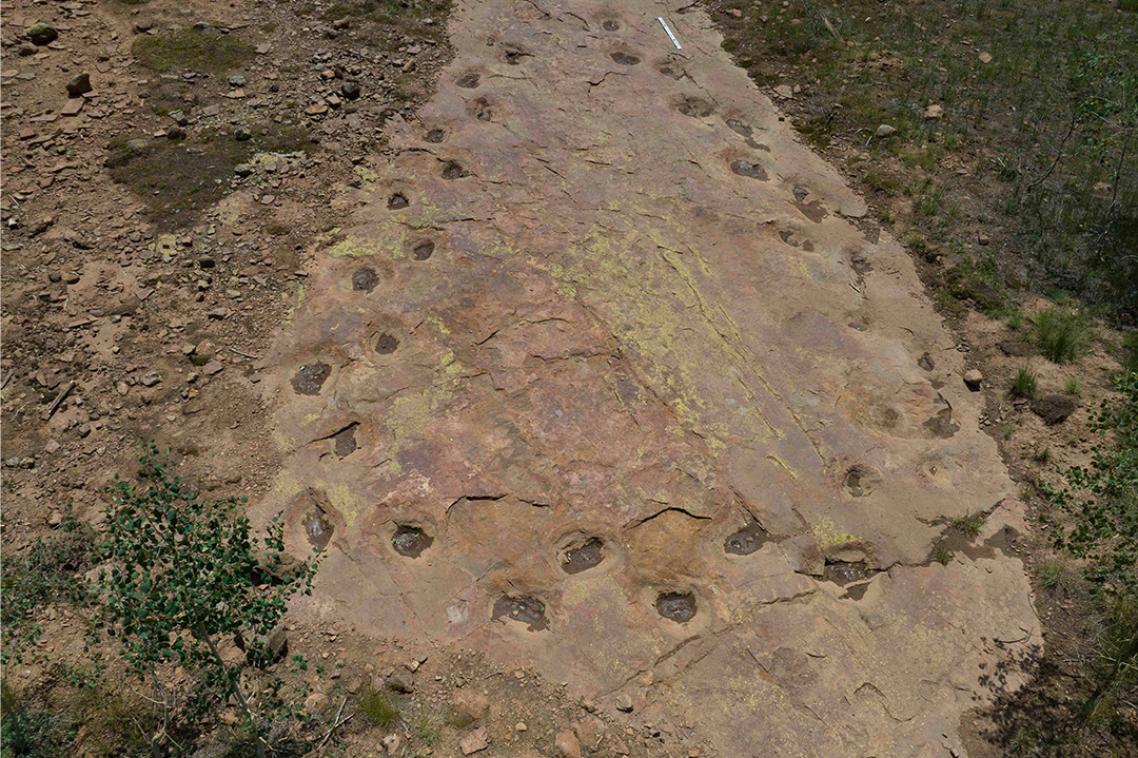How to host a climate positive Olympic Games

University of Queensland researchers say a requirement for the 2032 Brisbane Olympic and Paralympic Games to be climate positive presents an opportunity for the state to be bold and leave the city with a valuable legacy.
Dr Tony Heynen and Prabhakaran Vanaraja Ambeth from the School of Chemical Engineering have assessed different combinations of measures to help Brisbane meet its climate positive contractual obligation to the International Olympic Committee.
“It is an exciting time and while international eyes will be on us, we can harness the momentum of the Games and grasp this climate commitment as an opportunity,” Dr Heynen said.
“The two main levers that can be used to prevent a mega-event like an Olympic Games from contributing to climate change are emissions reduction and carbon offsets.
“We’ve assessed three different combinations of these for Brisbane against ecological, social and economic criteria.
“The higher the reliance on carbon offsets, the poorer the sustainability outcome for the Games, even if the offsets are massive tree plantations in Queensland.
“While the most sustainable scenario of investment in things like mass transport systems and renewable energy to cut emissions is expensive, they will leave greater benefits for future generations.”
The methodology developed by the researchers to assess and track the planning and delivery of a climate positive mega-event can be adapted for other places and events in the future.
“Paris is doing some really innovative and ambitious things around sustainability for this year’s Summer Olympics,” Dr Heynen said.
“Los Angeles will learn from and build on that experience for 2028 but Brisbane is the first city to have the climate positive requirement written into its host contract.
“Brisbane will have to deliver the event under the International Olympic Committee’s new norm focus on sustainability.
“The Olympics needs to also fit our region and deliver unique legacy benefits, beyond new stadiums.
“To do this we need to be thinking a little outside the box, increasing the engagement of the private sector and boosting community awareness of the commitment and the legacy benefits it can offer.”
The research is published in Sustainability.
Media contact
Dr Tony Heynen
a.heynen@uq.edu.au
+61 421 980 476
UQ Communications
communications@uq.edu.au
+61 429 056 139
Related articles

Looping long-necked dinosaur site reveals its secrets

Unlocking the sublime in native Australian citrus
Media contact
UQ Communications
communications@uq.edu.au
+61 429 056 139
